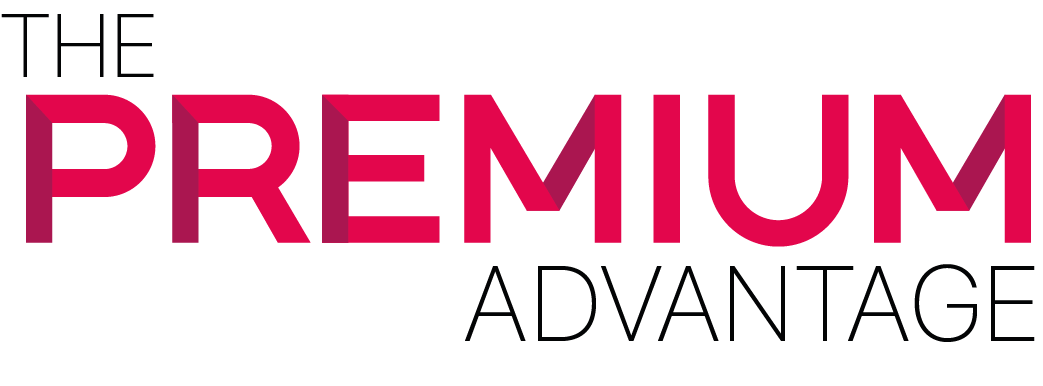We have all depended on Uber drivers at one time or another to safely take us home after a party or a ride to the airport. For those of us that may not know the company here’s a little information. Uber is a ride sharing company that connects passengers to drivers through a phone app. Passengers can request a ride arranging it in advance or on short notice. Drivers are contracted to use their own vehicles to transport passengers. By now your curiosity may have you researching the company and processes. Would it not be a good idea to join the company for some extra cash? What should be one of your biggest concerns…INSURANCE. We all carry personal insurance for our vehicles but what would be different if you choose to profit from ride sharing.
Your personal auto insurance policy will not cover an accident that occurs while you are driving for a ride sharing company. An insurance company will cancel a policy if an insured vehicle is used for business and not disclosed. When this is the case you may need to purchase insurance from your ride sharing company or commercial insurance. If your ride share company provides coverage check if it only applies when you have accepted a ride request. Most vehicles are not covered or amount of coverage reduced when waiting for a ride request through the app. For example, Uber offers coverage to their employed drivers when they are transporting passengers with $1 million liability per incident. For drivers without passengers and before accepting a ride request $50,000 per person, $100,000 per incident, $25,000 property damage.
What happens if you’re involved in an accident? Uber will cover medical expenses and property damages up to $1 million if you are carrying passengers or on your way to a pick up. Coverage still applies if the driver involved is uninsured or underinsured. If involved in an accident while waiting for a fare you must file a claim. You may have to inform your insurance provider unless state law or ride sharing endorsement states otherwise. But it is recommended you inform your insurer of accidents in order to prevent being dropped from your policy for not doing so. Remember to always call the police and exchange insurance information with the other party involved.
Key Takeaways to Ride Sharing Insurance
- Inform your personal auto insurer you are driving for a ride sharing company and ask if they offer coverage for your vehicle.
- Purchase commercial or rideshare insurance if coverage gap occurs between combination of personal auto insurance and ride share company’s insurance.
- Ride share coverage may not be offered by all insurance companies and not available in all states.
- Separate ride share coverage is not necessary if your ride share company insures your vehicle in ALL phases of the job.
